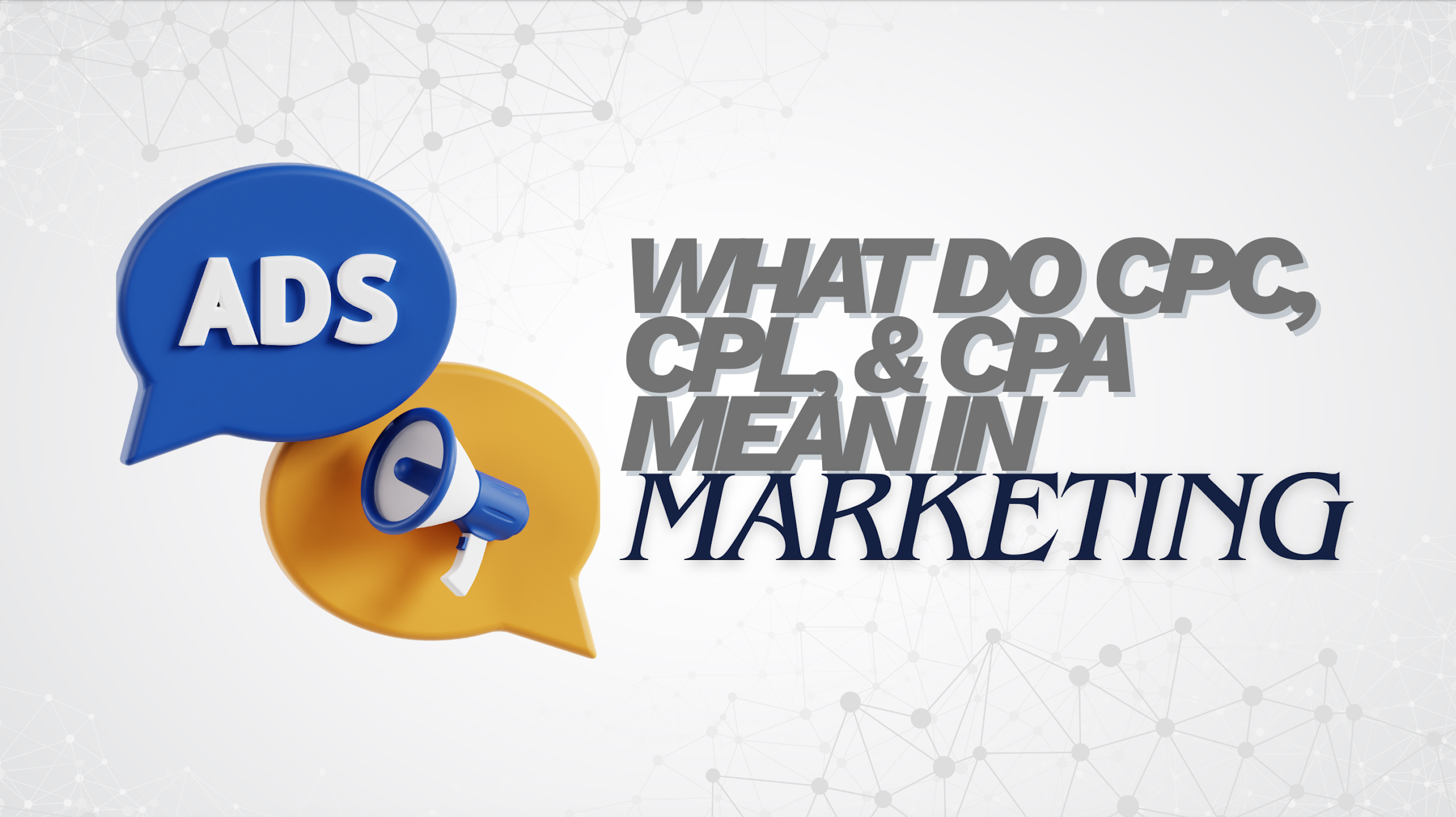What Makes a Good Website? 6 Factors

Anyone can create a website and launch it within minutes — for free, even! The barrier to entry is low, and therein lies the problem. Google is crowded. Like, really crowded. While the number of websites changes literally by the second, we know that there are at least one billion sites on the web. Competing for a coveted spot on page one is daunting, but it can be done. In this blog, let’s talk about what makes a good website and how you can find success with your own. And if you end up learning that your website is falling behind, it might be time for a redesign!
What Makes a Good Website? 6 Factors to Consider
Your web presence is vital to your brand’s overall success. Here are six things you need to check for.
1. A Good Website Solves a Problem for a Specific Audience
Let’s start with your audience. Who are you serving? If your answer is everyone, head back to the drawing board. “Everyone” can’t be your audience, because not everyone is your ideal customer.
If you’re a jewelry brand, what type of jewelry do you make? Who’s it for? What style is it?
If you’re a dog food brand, what kinds of dogs will benefit from your formulas? Is it organic? Made for sensitive stomachs?

Get specific to figure out what your niche is and who you can best serve.
Then, think about that audience’s main problem and how you can solve it. Maybe your dog food brand serves mostly senior dogs. What unique health issues do they deal with? How does your food address these issues and support their health? This is what your site needs to clearly and quickly address!
2. It’s Easy and Intuitive to Navigate (Both on Mobile and Desktop)
You might have as little as eight seconds to get people’s attention. What’s the experience like for your website users? Is your website clean and crisp, or is it overrun by giant images that take forever to load? Is the main navigation bar easy to understand, allowing the users to get where they want to be? Or are you offering them so many options that they’re overwhelmed with analysis paralysis?
Here’s a good tip to keep in mind: You want people to get where they want to be in as few clicks as possible. If there’s a step/click that you can remove and it doesn’t change anything, then that’s your sign to remove it.
All of this is going to matter even more for the mobile experience. As of 2021, over 90% of the global internet population was using a mobile device to access the internet. Remember that on such tiny screens, things look different. So, your website needs to adjust for this size change. Are the buttons still easily clickable or are they smashed together? Do the paragraphs reformat to fit the screen, or do users have to keep scrolling to read? The mobile-friendliness of your website is crucial!

If your website isn’t intuitive and easy to navigate, then people are going to take one look at it and leave. And that’s going to kill your rankings.
3. A Good Website Offers Rock-Solid Security
Data privacy and security are important for everyone. They’re going to be even more important if you’re collecting sensitive information, like credit card numbers or social security numbers. There are laws you need to comply with and software/services you’ll need to use to ensure that both you and your website visitors are protected. Is your SSL in order? Are you using strong passwords? Is all of your software up to date?
Whatever you’re doing to ensure this protection, make it known on your website so that your users understand. This helps build authority and trust.
4. It Stays Fresh and Relevant
While you’ll likely have static pages that don’t change much across time, your website is a living, breathing organism. A good website has an up-to-date blog that stays consistently fresh with new content. Every two to three years, your website will likely need a redesign.

A website is not a “set it and forget it” type of thing. Just like your brand — and your audience — it’s going to evolve over the months and years.
5. A Good Website is Technically Savvy
We touched on this while discussing mobile optimization, but let’s keep going. This is where web development and technical SEO really come into play. How long does it take a page on your site to load? Is your site crawlable? What’s the bounce rate? Has Google indexed all of the necessary pages? Do any redirects point to the right pages?
This is just the tip of the iceberg. But remember that yes, it’s about the experience for the user. But it’s also about the experience for Google. Both matter equally.
6. It Somehow Contributes to Your Bottom Line
Even if you’re not selling goods or services directly on your website, it should still be doing something to help grow your business.
For example, maybe you offer a free guide that people can sign up to receive. Does it directly make you money? No. But as you’re collecting email addresses, you’re growing your email list. And that is something you can eventually monetize.
Maybe a major goal of your website is to send people to your YouTube page. On that page, they can get to know you more. This helps to build trust and authority, which can make people more comfortable shopping with you.
Your website is a tool. It needs to serve a purpose. Get crystal clear on that purpose, and your site will help you reach your goals.
You might have read this and thought, “Sure, I can handle this myself!” And maybe you can — but why risk it? An alternative is to have a designated team of experts build a stellar website for you. LSM can help. Book your free strategy session today and let’s talk more about your website and goals!





